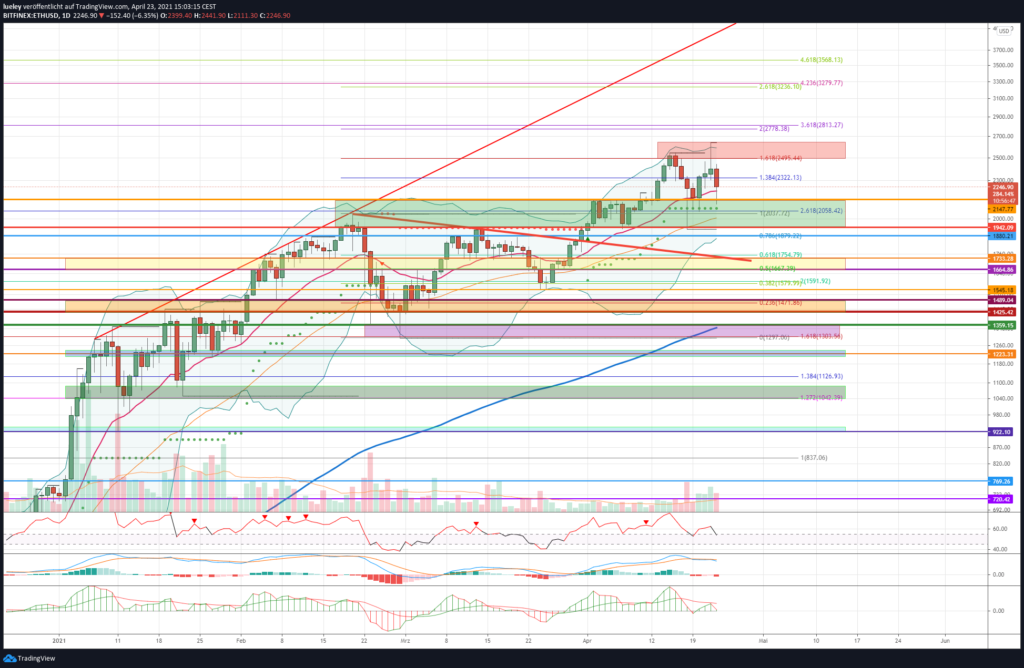
Photo:
soul Loeb / Agence France Press / Getty Images
It was the federal persecution season. The Trump campaign and its allies have repeatedly challenged the election results. Google and
are subject to anti-monopolistic measures by the Ministry of Justice. If you keep an eye on it, you may find it interesting to read the court transcripts yourself, but it will cost you a lot of money. Ten cents a page, according to federal courts, even if you read it online.
This is insane. These are documents in the public domain, and the judiciary is the only branch of the federal government that charges fees for Internet access. At the last press conference at the White House, you get exactly zero dollars. The FDA reports? A registered vote in Congress? It’s all free.
The law allowing the collection of court fees is a relic from before the advent of the Internet, when access to the judicial files meant a physical visit to the courthouse and a request to the clerk to copy their page by page. It should have been cancelled decades ago when the tapes went online.
Last week, parliament passed the Open Courts Act, a bipartisan bill that would eliminate admission fees and bring the legal system into line with the rest of the federal government. The Senate should follow suit and the President should sign it. Unfortunately, the chances of that happening quickly are slim.
The advantages of free access to official documents are obvious. One of the most important tasks of government is to collect and disseminate information in the public interest. The federal government, for all its faults, is surprisingly good at this. Just ask the thousands of Wall Street analysts who use SEC documents to accurately determine stock prices. Or legions of lawyers, journalists, academics and citizens who use federal documents to anticipate and study new rules, to develop legal strategies for large and small businesses and to hold the government to account.
Admission fees represent only 2% of the justice budget, or $145 million for fiscal year 2009. In order to cover the deficit, Congress should increase the judicial provisions accordingly.
Transparency will bring economic benefits far in excess of costs. But more importantly, a well-functioning democracy requires transparency. People can’t call a government to account if they don’t know what it’s doing.
Curiously, the judiciary itself has found creative ways to ignore an indictment and challenge access to public court records. In a letter to the Legal Affairs Committee of the House of Representatives, the United States Justice Conference declared its absolute opposition to the bill. His main objection was that Congress ignored the enormous costs involved in providing free public documents.
Anything. Wage justice is inefficient and protects the entire power of control. Tear it off.
Sang and Schwarz are professors at the Northwest Pritzker Law School and co-founders of the open knowledge network SCALES.
The editors of the magazine: The Flynn case is a warning to special prosecutors. A picture: Jim Burg/Reuters
Copyright ©2020 Dow Jones & Company, Inc. All rights reserved. 87990cbe856818d5eddac44c7b1cdeb8
It appeared in the printed edition on the 14th. December 2020.
Related Tags:




